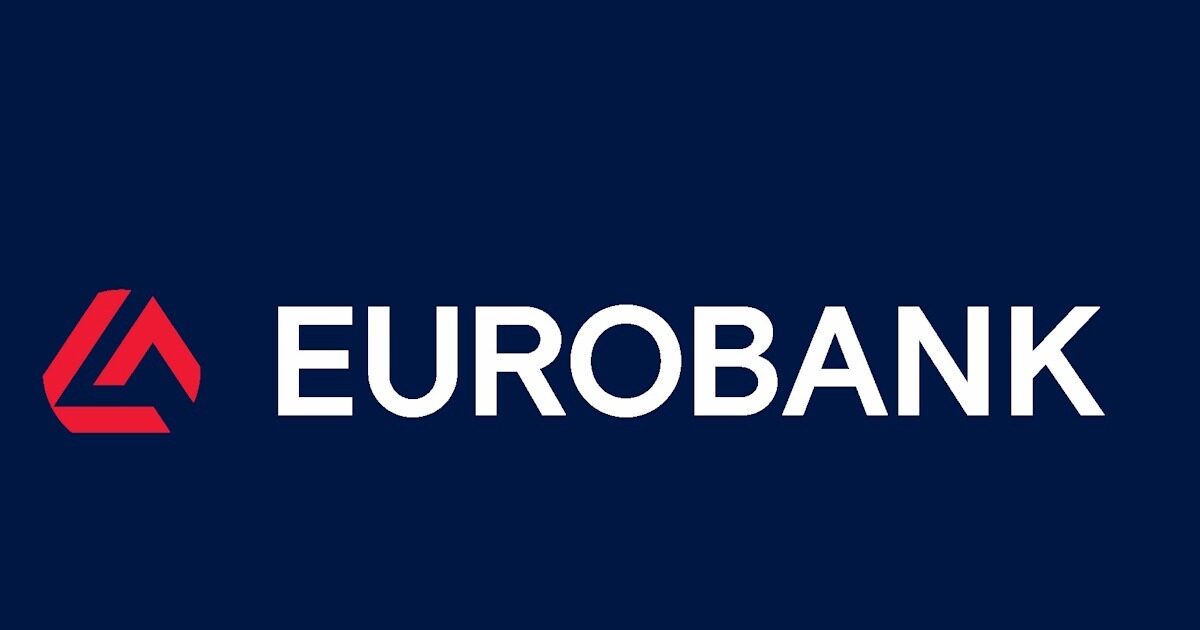The need for major changes in business practices, policies, investments (public and private), but also in attitudes, in order to upgrade the Greek tourism product, says its economic analysis and research unit. Eurobank In her study entitled ‘Pillar tourism: Basic features, influence on the economy, challenges, opportunities and policy proposals. “
As noted in the Eurobank study, the model is not viable where tourism rates are increasing, but they reside and spend less and less. For this reason, there must be a shift of the strategy to increase spending, upgrading the Greek tourism product as a whole.
To achieve this difficult goal, Eurobank proposes the following:
1) Strict and systematic compliance with arbitrary construction legislation (withdrawal of illegal buildings, avoidance of legalization) and substantial restriction of – to now legal – outside construction plan. Bullying is an irrational and spatially aggressive way of exploiting the land and leads to the deterioration of the natural environment, the extrusion of agricultural activities and the deterioration of the level of tourist revenue. The relevant actions are perhaps the highest priority as bulk construction is not reversed and can destroy a tourist destination, perhaps definitively.
2) Adoption and consistent adherence to the legislation for the location of hosting and catering units and their harmonization with the natural and cultural environment. Withdrawal or amendment of units that violate this rule, either by applying the legislation where there are violations, or by financial incentives where derogations are legal (or ex -post -legalized).
3) Priority by tourism businessmen and the state of the construction of higher levels and upgrading of the existing ones. Some first steps have been taken: The number of 5 star hotels in the country has increased by 37% in the last five years 2019-2024, and 4% by 14%, while the 1 and 2-star units declined. Banks provide financial support in this direction.
4) Upgrading infrastructure supporting quality rather than mass tourism: roads, marinas, fast internet, energy, water and waste management, network cable underground, traditional settlement protection, promotion of monuments and museums, cultural events, ski resorts, etc.
5) In general, the actions of landscaping of the urban and natural environment: What is nice for residents is for visitors.
6) Training and upgrading skills. Quality tourism requires high levels of staff (and respectively creates more well -paid jobs).
7) Specific incentives for alternative forms of tourism with greater value added: Health Visitors, Cultural and Religious Tourism, Agrotourism, City Breaks. The economic assessment contained in this study shows that by prioritizing a specific direction – and geographical orientation – investment projects, Greek tourism could achieve a better spatial and time distribution of tourist revenue, that is, better spreading of the benefits (but also by the coastal) and the respectively.
8) Support of sustainability practices and related initiatives for green and digital transformation of businesses (but also avoiding incentives that seem pretentious to increase the structured surface). Turn to a circular economy and protection of biodiversity and ecosystem.
9) Imposition of restrictions on tourist leases. Short -term leases are and will continue to be part of the service package offered by the country but must return to the purpose for which they have been created: the sharing economy, that is, homes that their owners mainly use themselves and subjugate them for a few days, when they do not use them, when they do not use them. A house rented for 10 or 11 months a year does not fit into the idea of sharing economy, but is a normal economic activity for profit and must be allowed, but treated as such. Otherwise, tourist leases benefit from tax and regulatory arbitraz against official tourist units, distorting competition. This practice, furthermore, creates a very strong motivation for building in tourist areas, and off -plan, downgrading the landscape. Finally, the use of residential real estate for commercial purposes can remove real estate from the market for long -term leases, exacerbating the housing problem.
10) Applying measures to protect tourism from the impact of climate change. Indicatively, encouraging arrivals outside of high temperature, avoidance of building near the coastal level or other sensitive areas (streams, in forest areas, etc.), upgrading energy efficiency of tourist units, plantings.
As Eurobank points out, such a complex attempt to transform the tourism model is difficult to make for many, but is indirect and long -term, and the cost is for specific and short -term. Therefore, this effort is not likely to thrive without the active support (and policing) of such politicians by the state. In addition, the people of tourism must sympathize and pioneer in this endeavor, as it is an elementary protection of their investments and future prospects of the industry.
